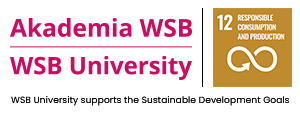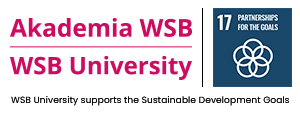The high level of youth unemployment in Europe has prompted European policymakers to promote education that increases the employability of young people. The economic crisis and its impact on high unemployment rates, especially among young people, has led some countries to attach great importance to the dual education system at all levels of education and to accelerate policies and reforms to develop it.
A key feature of Dual Higher Education (DHE) is its unique combination of theory and practice. The university curriculum combines higher education with practical vocational training with numerous business partners to provide both academic skills and work experience. The academic content taught in the classroom is complemented by on-the-job experience, so that the effectiveness of the theory taught in the classroom is immediately tested in real-life work situations, and vice versa.
Accordingly, the COOPERA program, co-funded by the European Union and Erasmus+, was created for the candidate countries of Moldova and Ukraine.
INTEGRATING DUAL HIGHER EDUCATION IN MOLDOVA AND UKRAINE - COOPERA
Erasmus+ Program 2014-2020
KA2 - Cooperation for innovation and the exchange of good practices
CBHE - Capacity Building in the field of Higher Education
In Moldova, the COOPERA conference was held at the Academy of Economic Studies of Moldova in Chișinău with the participation of partners from Moldova, Ukraine, Europe and representatives of the WSB University - Gabriela Węglarz, Małgorzata Kasjaniuk, Hubert Raczyński and Monika Banach-Kokoszka. The conference was opened by Olesea SIRBU, COOPERA project coordinator and Pro-Rector for International Affairs, who presented the objectives, activities and results of the project. This was followed by a speech by Nadejda Velisco, Secretary General of the Ministry of Education and Research of the Republic of Moldova.
The first session dealt with trends in the development of dual higher education from a European and local perspective. Representatives of institutions from Germany, Bulgaria, Spain and Poland discussed their initiatives, while Lilia Parhomenco from Moldova and Oleksandra Laktionova from Ukraine presented the national legal framework.
The second session focused on the integration of dual higher education in Moldovan and Ukrainian institutions. Experts presented the results of pilot programs from the academic year 2023/2024 and discussed obstacles and recommendations at the institutional and national levels.
The second day was dedicated to practical workshops where recommendations for the integration of dual higher education were developed and concluded with a Q&A session.





